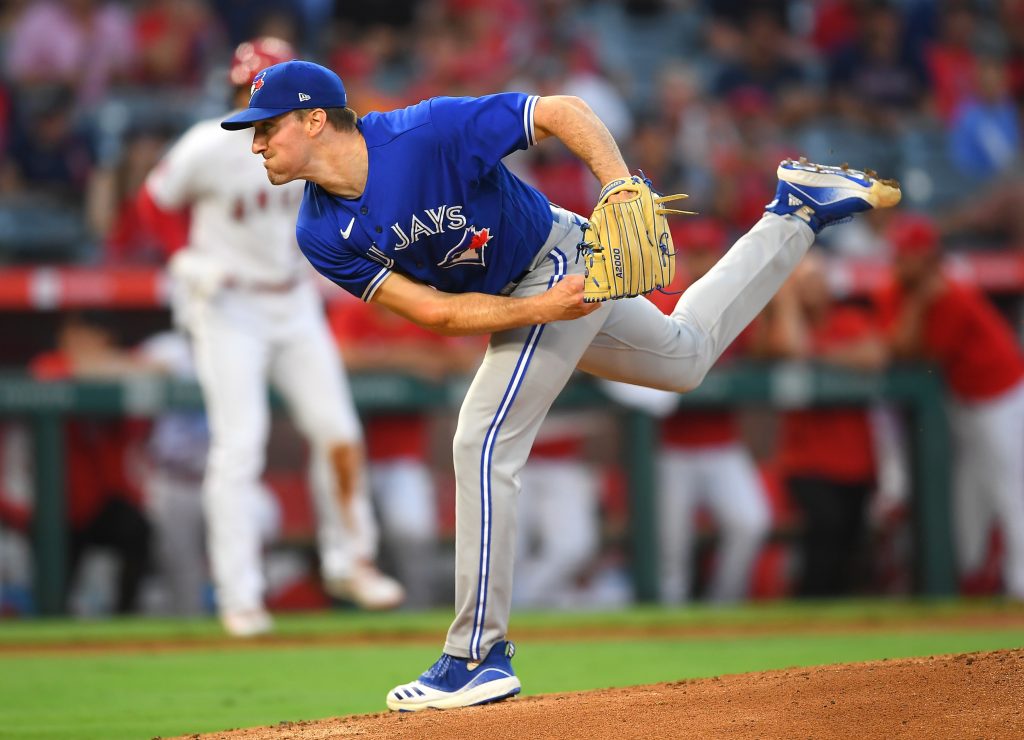ChiefGritty
- Chicago, IL
It also slightly shortens the basepaths, which matters when we're talking about fractions of a second.Mainly, that it makes it easier for base stealers, especially when sliding.
One of the things instant replay has taught us is that it’s actually really hard to maintain contact with the base after running full speed and then coming to a complete stop.
Guys that used to be safe because “they beat the throw” are now being called out because they didn’t maintain contact with the base.
Making the base a bit bigger would give the runner just a little extra leeway.
And with other changes designed around reducing pitcher velocity thus the speed of the ball to home plate (pitch clock, batter minimums) and limiting pickoff throws, it all adds up to make the running game more favorable.
Don't ban shifts. Players just need to learn to hit again. Get 10 hits in a row to the opposite field, they will stop.
A random thought I had: since we're getting rid of the DH, why not retain some difference between AL and NL by banning shifts in one but not the other?
Because if they're going to play the exact same baseball in AL and NL and normalize interleague play the way they have, they should really just consider scrapping that entirely and going with four regional leagues in the East, South, Midwest, and West.


